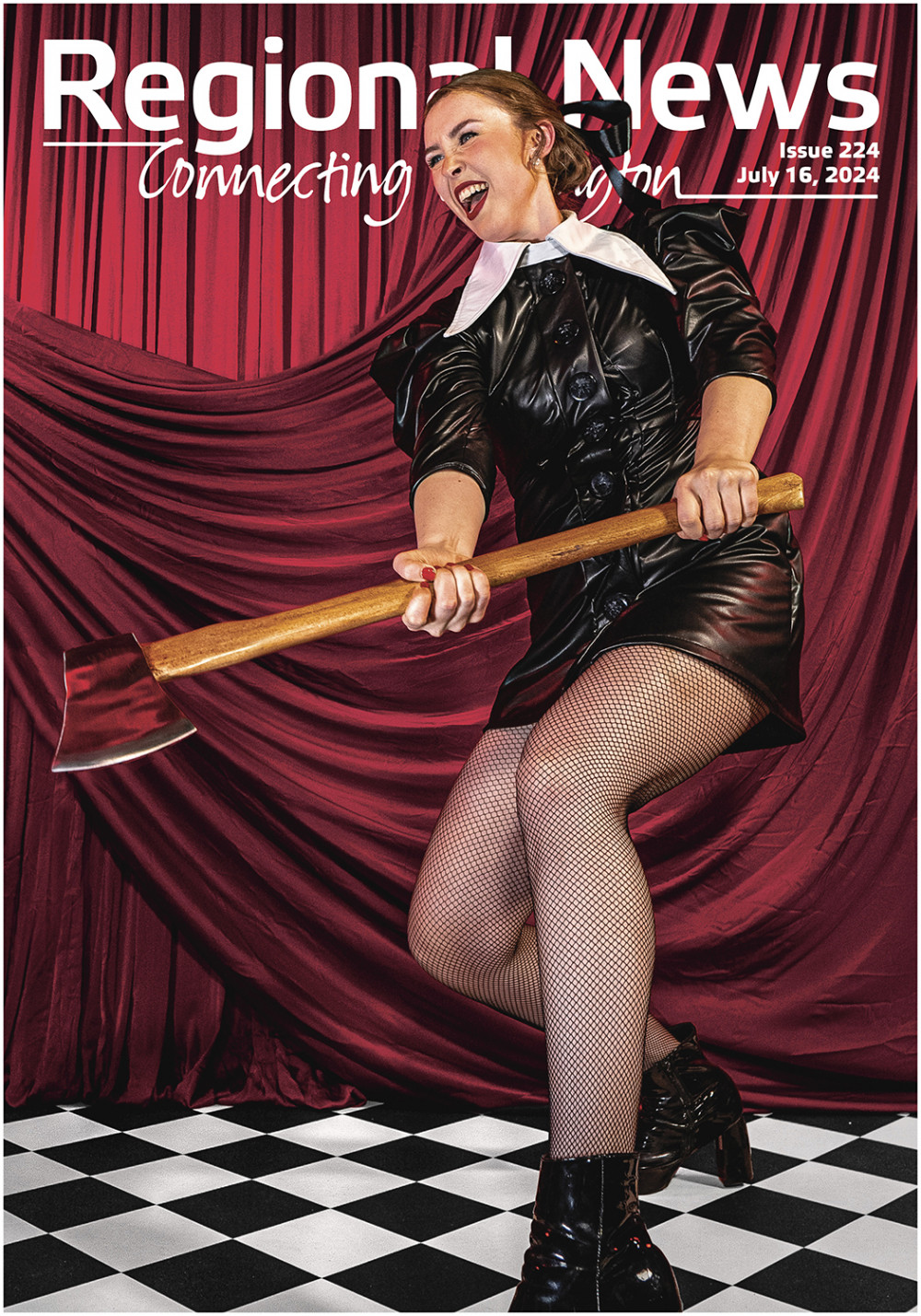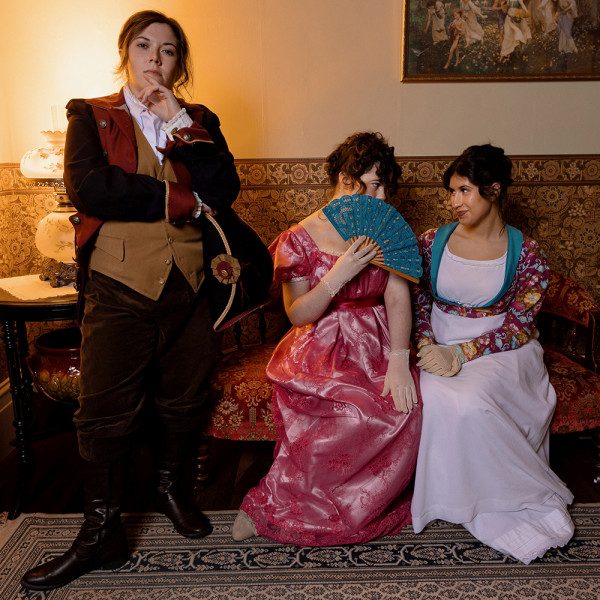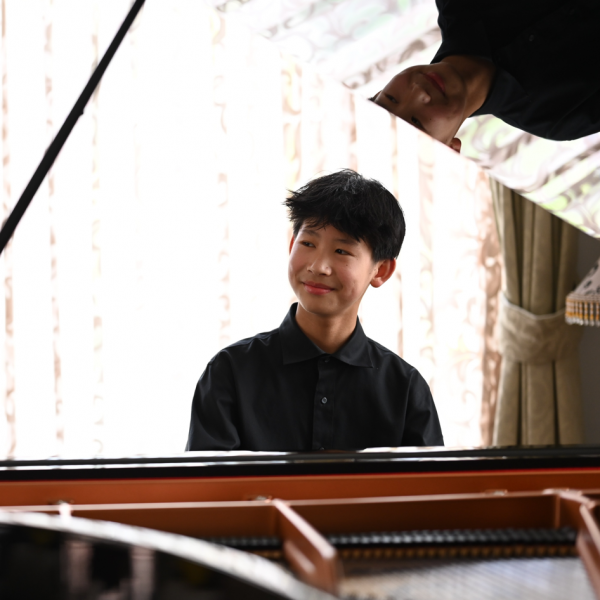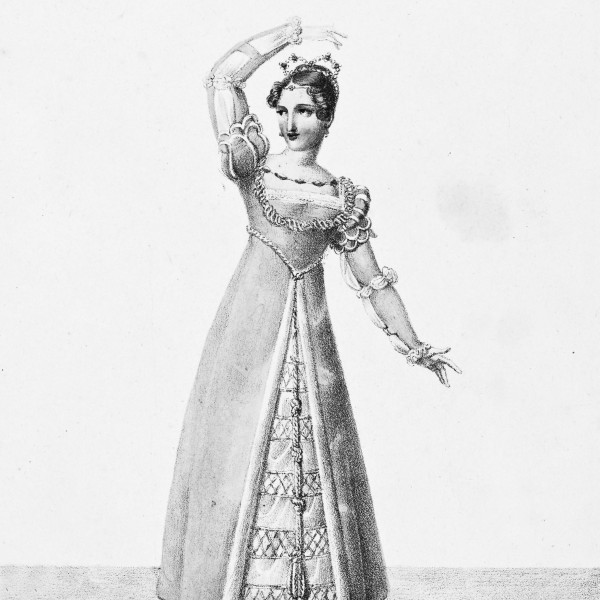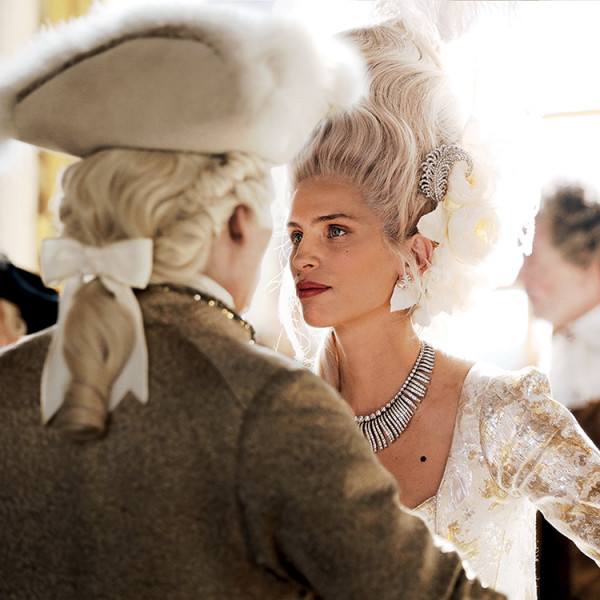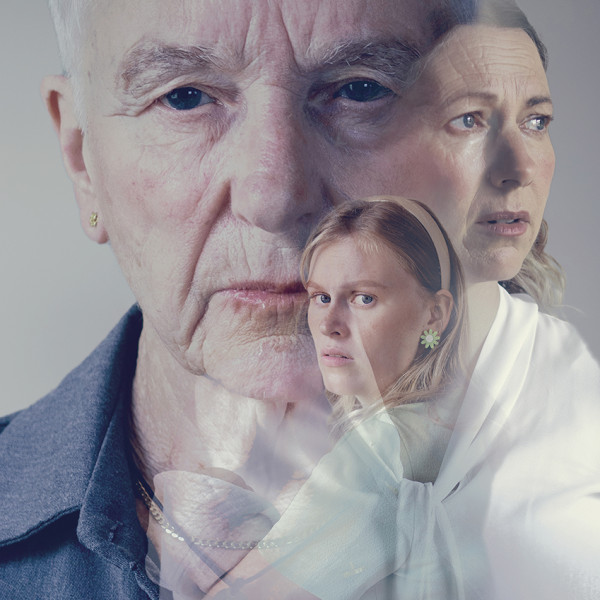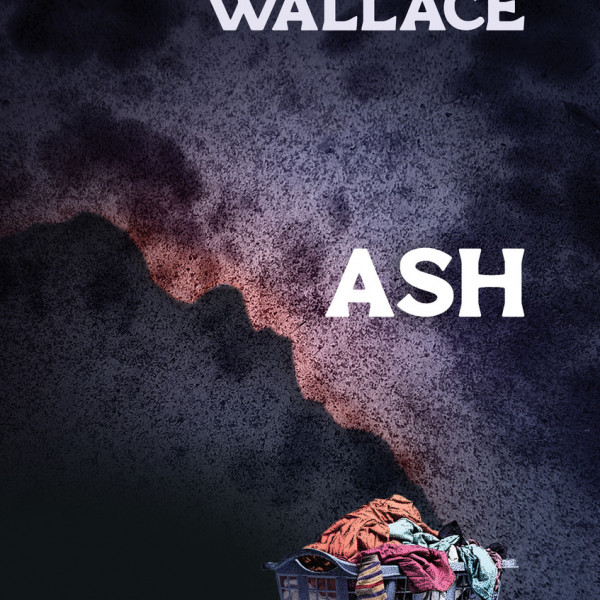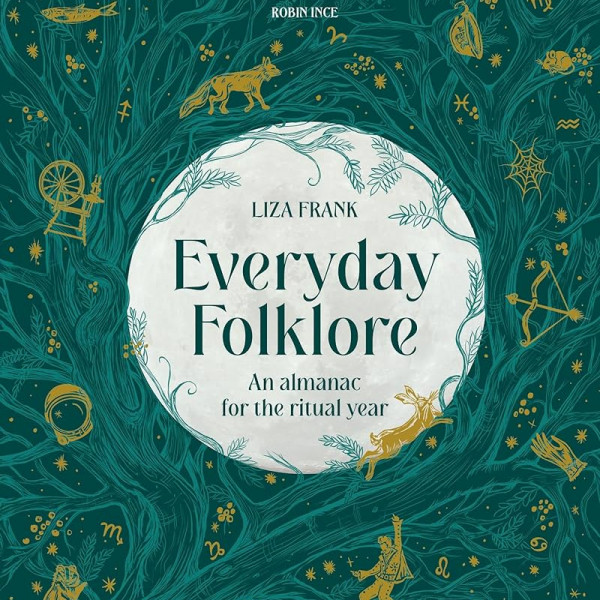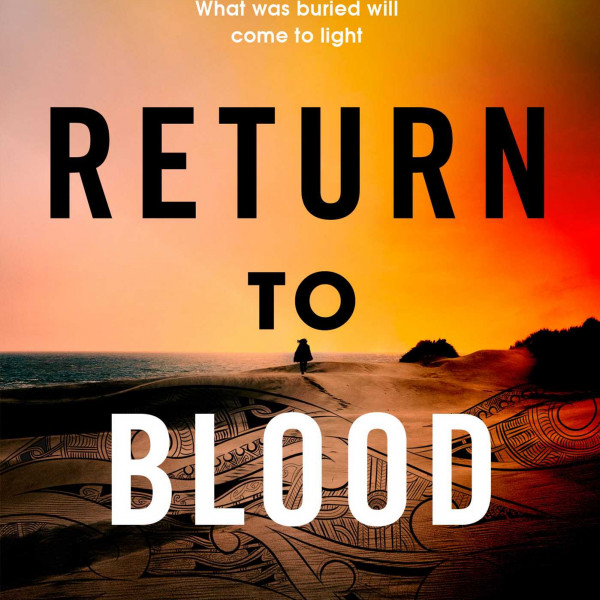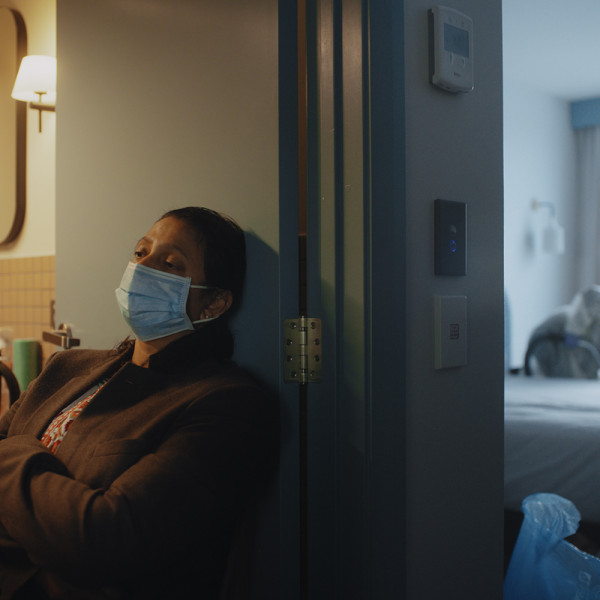
Leave ‘em Laughing
Created by: Jane Keller and Michael Nicholas Williams
Circa Theatre, 26th Jul 2024
Reviewed by: Tanya Piejus
Jane Keller and Michael Nicholas Williams have been collaborating for 25 years and produced five shows together of which Leave ‘em Laughing is a celebration. Bedecked in her characteristic sparkles, Keller is a captivating raconteur and singer of lesser-known and often hilarious songs, while Williams tickles the ivories with aplomb alongside her. The intimate and beautifully dressed (Keller and Meredith Dooley) Circa Two stage with lush lighting (Deb McGuire) is the perfect place for this dynamic duo’s scintillating swansong.
Topping and tailing the show is Alto’s Lament, a nod to Keller’s students and torch song for all those musical theatre types with voices that are always consigned to the boring harmonies, ever longing for the melody.
Deftly weaving her own history into the song choices, Keller reminisces about her high-school years with Last One Picked, a funny but angst-ridden remembrance for all those terrible at sport. Bad and sad relationships come under the spotlight with the laugh-inducing 15 Pounds (Away From My Love) and Shattered Illusions, and a heartbreaking Hello, Tom which elicits a sympathetic “Awww” from the audience at the end. The first half closes with a lovely, lovelorn medley of four songs followed by Simple Christmas Wish.
The second half bursts onto the stage with Keller’s trademark knack for the bawdy. The saucy Speaking French, unashamed Getting It, and self-explanatory S&M have us all in stitches and the fun romps on from there.
Keller’s facial expressions are masterful, whether showing us the teenager’s pain at being turned down by a prospective prom date or pouting with the ecstasy of European passion. Her enunciation is impeccable, with every word she sings crystal clear, even when accented in French or Russian. It’s also a joy to hear the snippets of Keller’s own life given narrative verve by K.C. Kelly’s fine dramaturgy.
As the culmination of a quarter-century creative relationship, Leave ‘em Laughing delivers on its promise and is a fitting finish to the one-woman-show career of a musical maven.



